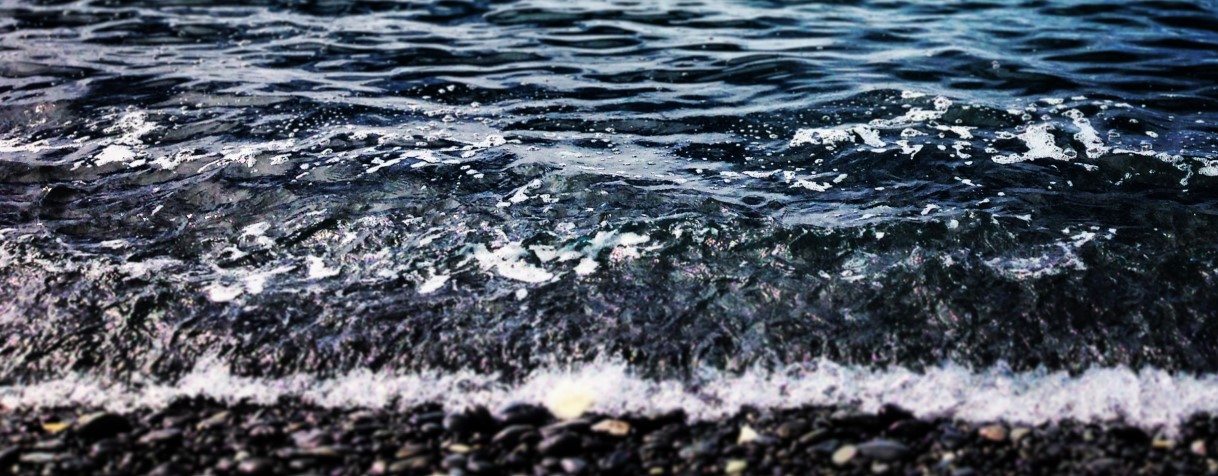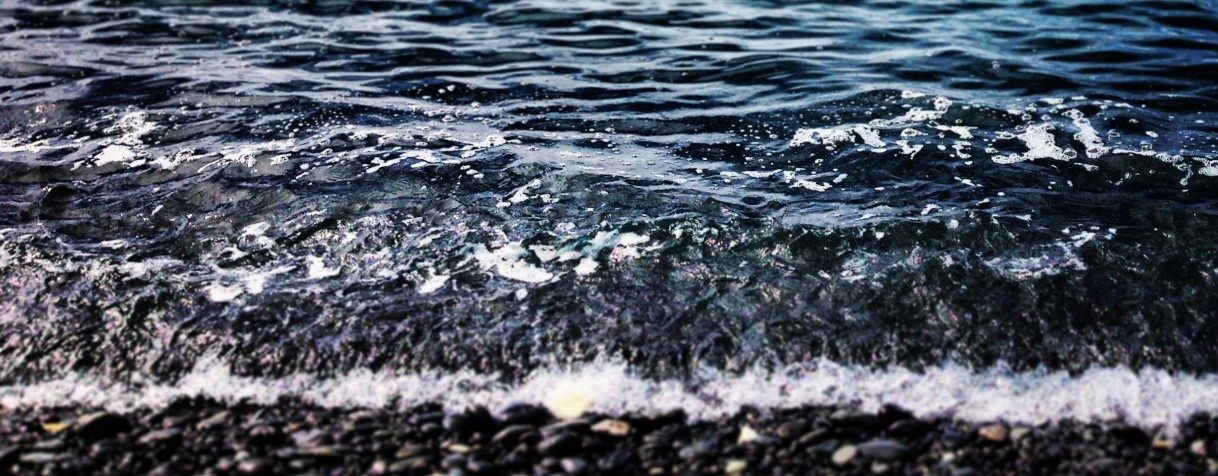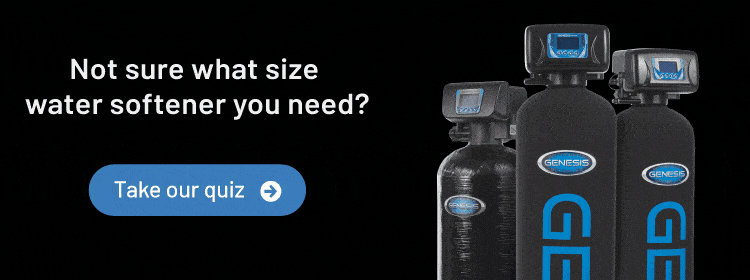Water Softener vs. Water Conditioner vs. Water Filter
Posted by Discount Water Softeners on Dec 11th 2018
How to Treat Hard Water
Hard water plagues as many as 85% of homes in the United States. While generally not harmful to drink, the minerals in hard water cause a variety of problems for homeowners. Issues like clogged pipes and a shortened lifespan for household appliances. Untreated hard water can negatively affect the water use of your everyday life, from drinking to cooking and cleaning.
Water softeners effectively eliminate hard water minerals. This is achieved by using an ion exchange process to remove harmful calcium and magnesium from the water supply. The difference between a good water softener and a bad one is the efficiency in which these hard water minerals are removed. High-efficiency softeners use much less salt and water needed to regenerate, reducing waste and energy costs.
Ion exchange is the only way to truly soften water. A water softener has two tanks, a mineral tank filled with thousands of resin beads and a brine tank used to store and dissolve salt. The regeneration process draws in brine from the brine tank and distributes it into the mineral tank. This is where it attaches to the host resin beads. When hard water moves through the mineral tank, the resin beads release the salt ions and exchange them for the calcium and magnesium ions. This process results in softened water.
Over time, when resin beads become covered with calcium and magnesium ions, they need to be "recharged." During regeneration, the brine solution rinses the resin free of minerals and sends them down the drain. The brine recharges the resin beads so that it can continue to provide softened water throughout the home.
Water Conditioner vs. Water Softener
Salt-free water softeners are not in fact softeners at all but are water conditioners. The difference between a water softener and a water conditioner is that the conditioner will alter hard water minerals, but doesn’t remove them. A water conditioner will reduce scale but a water softener will eliminate scale from calcium and magnesium by using salt in the regeneration cycle.
Water hardness is measured in grains per gallon or GPG. The difference between a water softener and conditioner is that after using a salt-free softener, the hardness grains per gallon remains unchanged. Softened water will show the hardness grains per gallon as zero after using a water softener.
Changing the chemical structure of the minerals can help prevent deposits from sticking to surfaces. Some of these surfaces include faucets or pipes, but any time water remains stagnant for long periods of time such as a water heater, salt-less systems are much less effective than traditional water softeners requiring salt.
What's the Difference Between a Water Softener and a Water Filter?
Water softeners remove calcium and magnesium minerals responsible for making water hard and causing scale. A water filter will generally remove chlorine and other contaminants but do not remove the minerals to blame for hard water. Water filters use different technologies to deal with pollutants. Water softeners only use salt and ion-exchange resins to remove calcium and magnesium.
When your problem is hard water, water softeners are your most cost-efficient solution. If other water quality issues are a concern, such as chlorine, iron or bacteria, testing your water will ensure that the treatment option you choose is best-suited for your home. Understanding what is in your water is the first step in the decision-making process.
A comparison guide for water filters and water softeners can also help determine which home Filtration products will achieve optimal results. If your water supply requires a softener, consider the capacity of the system and how it determines when to regenerate. Some systems regenerate based on time regardless of water usage. A meter-based system will regenerate only when needed and is, therefore, the most economical and requires the least maintenance.
The best water softener buying guide will outline the difference in these units and their specific filtration capabilities. The purpose of a water filter is to reduce harmful contaminants and make water taste better. Water softeners treat hard water and significantly extend the useful life of any water-using appliance. Finding the right one requires some research and a water softener buying guide can help outline the different types, costs, and other considerations before you buy.
Water Softener Systems - What's the Difference?
So which type of water treatment system is right for you? There is no simple answer. When making your selection, consider dealing with a water treatment company that sells a number of different types of products. Not every system is suitable for all households; you'll want to weigh the pros and cons of each in order to get the most out of your water treatment.
Water softener reviews and consumer reports contain additional information and recommendations. These will assess the best water softeners and systems on the market to provide for your exact needs. Customer reviews add perspective and advice that can be used to your advantage. Experienced consumers provide honest insight and answer questions, leading you to a particular system well-suited to your home.
The size of the softener you choose, as well as knowing your water hardness level will determine the regeneration cycle and how much salt is needed. All water softeners, regardless of the cost, will soften your water, bringing the hardness grains per gallon to zero. A high rated softener or filtration system with proven reliability and a long warranty will prevent future aggravations.
Don't wait for hard water to destroy your home's appliances. Resolving hard water issues with the right treatment system gives you control over your home's water quality. Make sure the product you choose will remove all your harsh minerals and/or contaminants. Once installed, a whole house water treatment system will make a noticeable improvement in your water that you can taste and feel.



